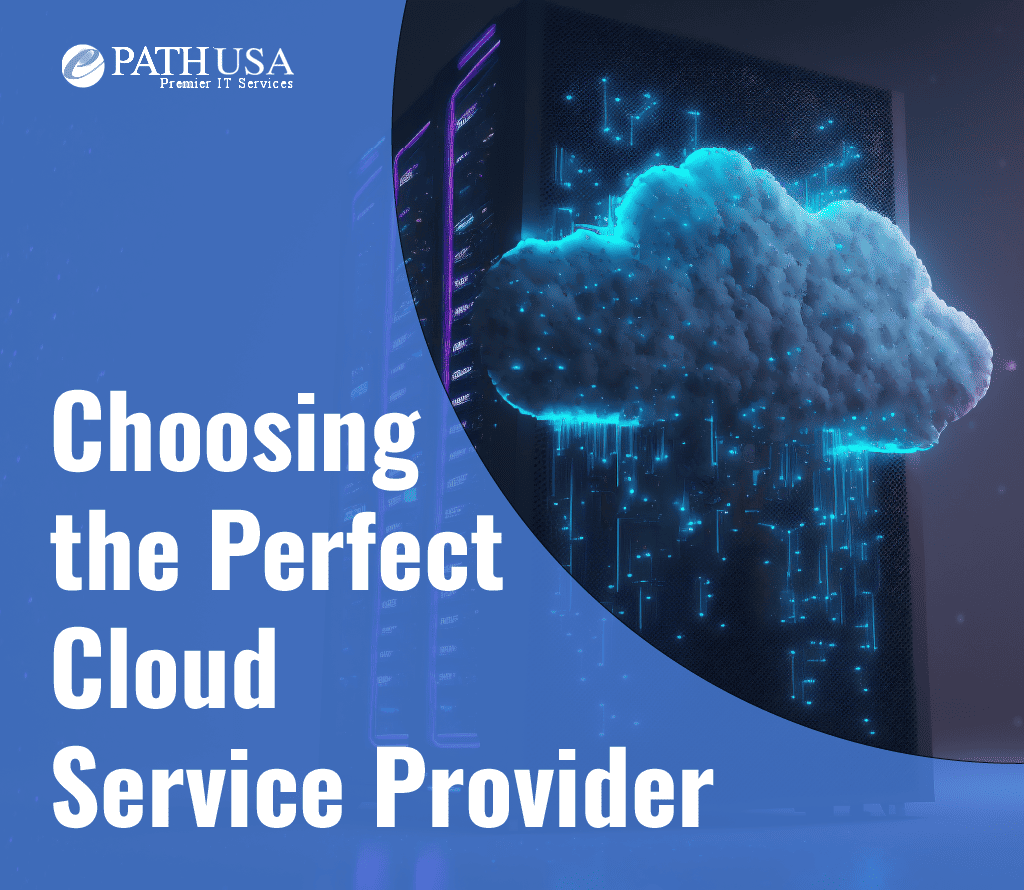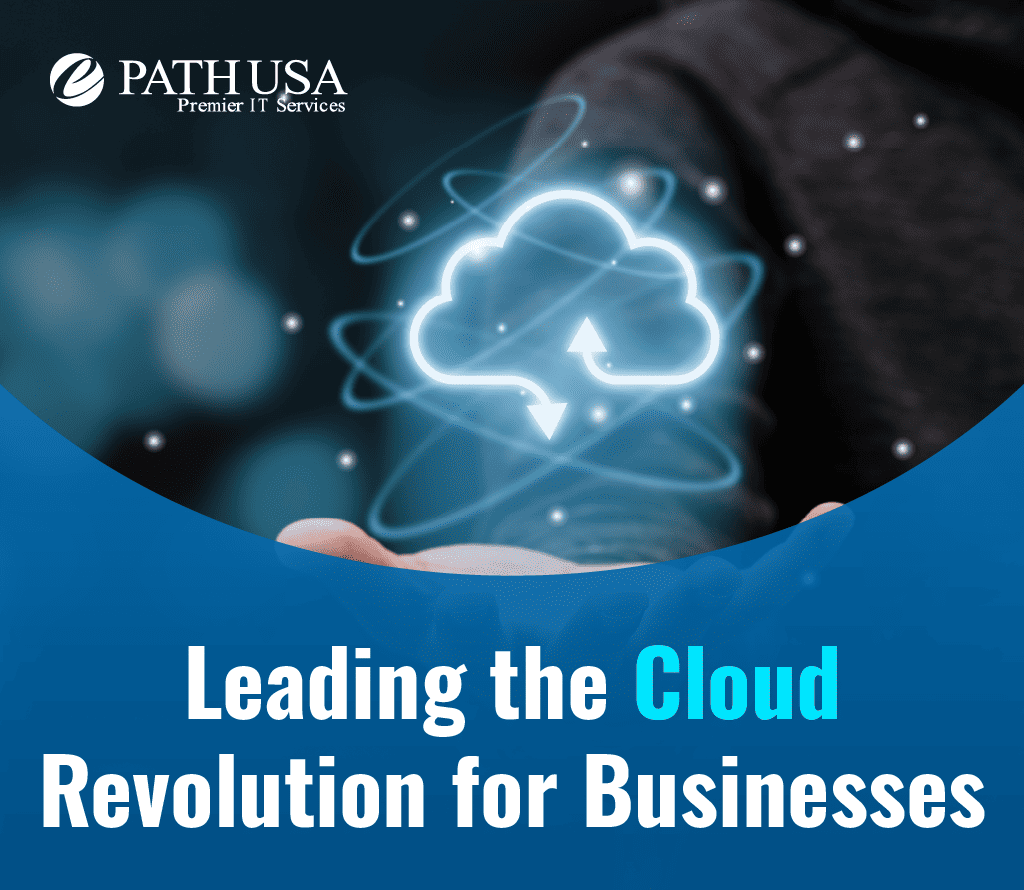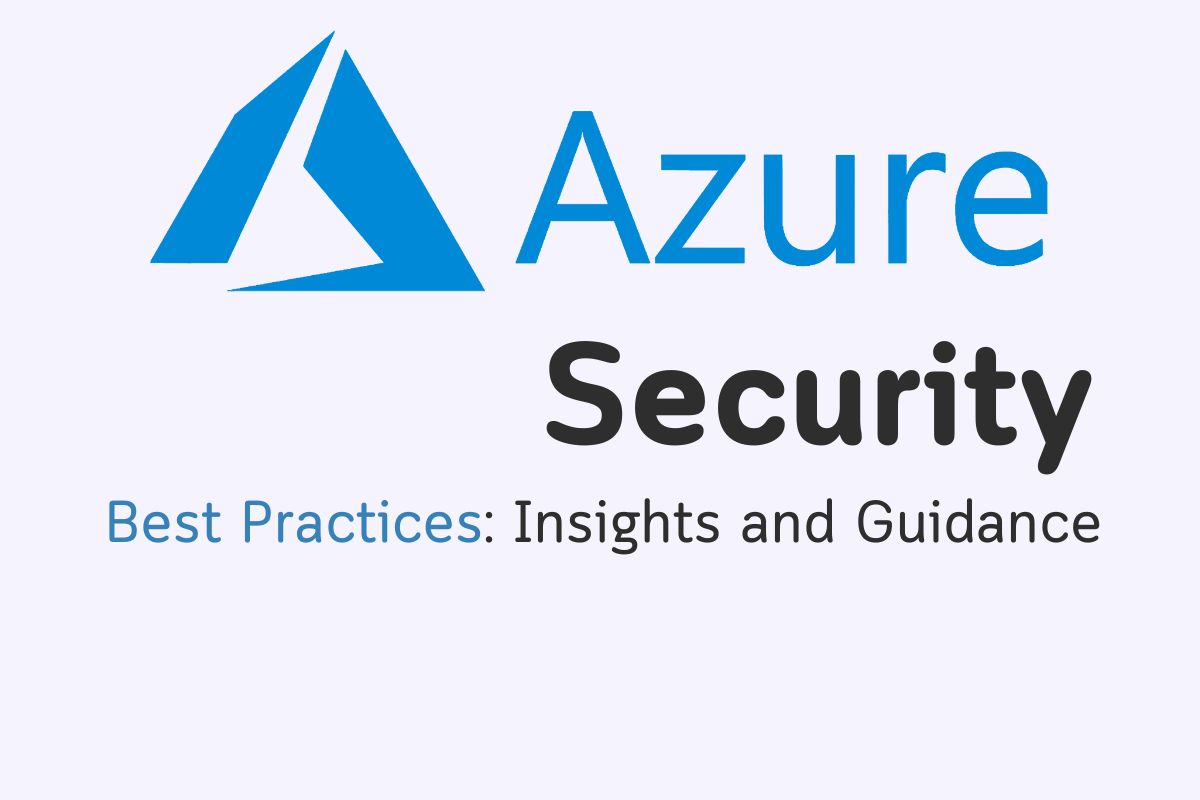


In today’s fast-paced digital landscape, harnessing the power of cloud computing has become a cornerstone of success for enterprises across industries. However, navigating the complexities of cloud management requires expertise and resources that many businesses struggle to obtain. That’s where ePathUSA steps in, offering a comprehensive suite of cloud-managed services designed to streamline operations, enhance… Continue reading How ePathUSA Revolutionizes Cloud Management
Read More
In the dynamic realm of IT infrastructure, enterprises often face the dilemma of choosing between on-premise and cloud solutions. This decision carries significant implications for their operations, requiring a comprehensive analysis of benefits, risks, and costs. At ePathUSA, we specialize in guiding businesses through this decision-making process, offering tailored solutions to maximize efficiency and competitiveness.… Continue reading On-Premise vs. Cloud: Navigating the Landscape with ePathUSA
Read More
In an era where data breaches and cyber threats loom large, choosing the right cloud service provider (CSP) with robust security measures is paramount for safeguarding your business’s digital assets. Evaluating the security posture of CSPs requires a thorough understanding of key factors and considerations. In this guide, we’ll explore how to effectively evaluate cloud… Continue reading How to evaluate cloud service provider security?
Read More
Data is the lifeblood of businesses, ensuring robust security measures is paramount. With the widespread adoption of cloud computing, organizations are increasingly entrusting their data and applications to cloud service providers. However, as data breaches and cyber threats continue to escalate, understanding cloud security is essential for safeguarding sensitive information and maintaining trust with customers.… Continue reading What is Cloud Security?
Read More
In today’s rapidly evolving digital landscape, the decision to adopt cloud services is not just a matter of convenience but a strategic imperative for businesses seeking agility, scalability, and competitive edge. However, with a myriad of cloud service providers vying for attention, selecting the right one can be a daunting task. At ePathUSA, we understand… Continue reading Choosing the Perfect Cloud Service Provider: A Concise Guide
Read More
In the ever-evolving tapestry of American business, the pursuit of innovation to enhance efficiency, scalability, and agility is paramount. ePathUSA, a trailblazing technology solutions provider, stands as a beacon, championing the transformative potential of cloud technology and emphasizing the strategic imperative of embracing cloud-managed services for organizations aiming to soar above the competition. 1. The… Continue reading ePathUSA: Leading the Cloud Revolution for Businesses
Read More
Overcoming challenges in mobile app design requires a combination of strategic planning, user-centric approaches, and continuous improvement. Here are some strategies to address common challenges: By incorporating these strategies, you can navigate the challenges associated with mobile app design and create a user-friendly, visually appealing, and successful mobile application.
Read More
As businesses increasingly adopt hybrid-cloud solutions for their IT infrastructure, it’s crucial for business owners to grasp the technical nuances that come with it. In this blog post, we’ll break down the cloud challenges and complexities of hybrid-cloud deployment in simpler terms and provide practical insights for business leaders. I. Demystifying Hybrid-Cloud Basics: II. Common… Continue reading Simplifying Hybrid-Cloud Challenges: A Guide for Business Owners
Read More
In the digital age, businesses are increasingly reliant on cloud solutions to manage their data. However, navigating the complexities of data management in the cloud requires not just technological prowess but also strategic guidance. ePATHUSA, a leading innovator in cloud services, offers comprehensive solutions to empower businesses in effectively managing their data in the cloud.… Continue reading Data Management in the Cloud: Challenges and Solutions
Read More
Azure Cost Management is a suite of tools and services that helps you monitor, analyze, and optimize your Azure spending. It is a critical tool for any organization that uses Azure, as it can help you save money and get the most out of your investment. This guide will provide you with a comprehensive overview… Continue reading Cost Management in Azure: A Comprehensive Guide
Read More
In the world of cloud computing, our top priority is protecting our data and personal information. One powerful tool we use for this is called Multi-Factor Authentication (MFA). In this article, we’ll explain MFA in simple terms, talk about how it helps in Microsoft 365 and Azure, and introduce a trusted partner called ePATHUSA who… Continue reading Strengthening Cloud Security: The Power of Multi-Factor Authentication
Read More
Welcome to another informative blog where we’ll be diving deep into Azure’s top security best practices. In the world of cloud computing, security is paramount, and Azure offers a range of powerful tools and features to help you safeguard your data and applications. In this article, we’ll explore seven essential azure security practices that you… Continue reading Mastering Azure Security Best Practices: Insights and Guidance
Read More